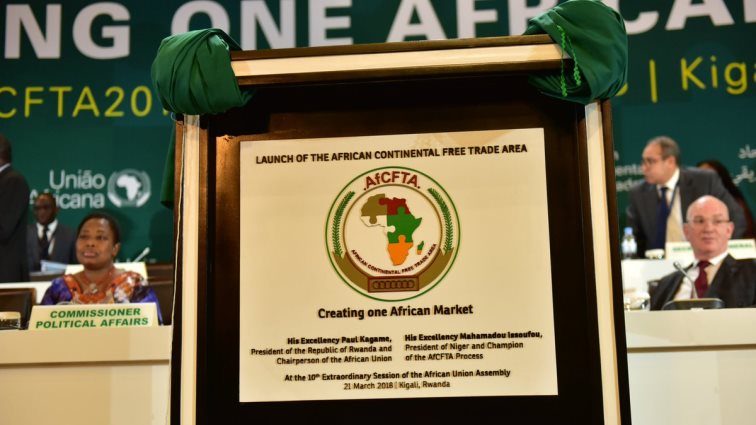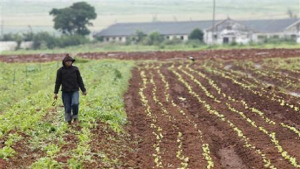The Trade Law Centre (Tralac) says trade under the Africa Continental Free Trade Area (AfCFTA) cannot start until tariff books reflect the outcome of the negotiations on tariff concessions, and the rules of origin for products are finalised.
African countries were meant to have started trading under the AfCFTA from the 1st of January this year, however, negotiations among all 54 member states are still under way.
Executive Director at the Trade Law Centre, Trudy Hartzenberg, says the rules of origin that stipulate which goods will be subjected to tariffs and duties must be finalised in order for trade to commence. The AfCFTA aims to phase out 90% of tariff lines over the next 10 years.
“So there was a deadline set for the 30th of June this year to have all the tariff offers set on the table, and this has not happened and that hasn’t happened either. Some tariff offers have been made by the AfCTA secretariat but we’re still at a point where all member states have not submitted tariff offers that meet the modalities as agreed upon,” explains Hartzenberg.
Hatzenburg says so far the rules of origin for 87% of tariff lines have been agreed upon.
“Automotive products textiles and clothing some 568 tariff lines. And there are some key challenges when it comes to the textile and clothing industries because so many countries have an interest because they have a garment factory for example but they want to expand that. But major challenges lies in the textile industry. The lack of sufficient yarn and fabric production on the continent to meet the demand of the grarmet manufacturing industry across all countries,” Hartzenberg adds.
The founder of the Trade Law Centre, Professor Gerhard Erasmus says disputes between countries are currently settled through consultation and not litigation.
“The dispute settlement mechanism of the AfCTA is modelled on the WTO dispute settlement understanding. It has panels, in other words there are three phases. If a dispute settlement party with another one the first phase is to call for consultation. If you solve the problem there fine, well done. If you still disagree after consultation then go to the dispute settlement body.”
The Trade Law Centre says a list of product definitions and tariff codes will be made available from the 1st of January 2022.
VIDEO: AfCFTA hailed as the world’s largest free-trade area




